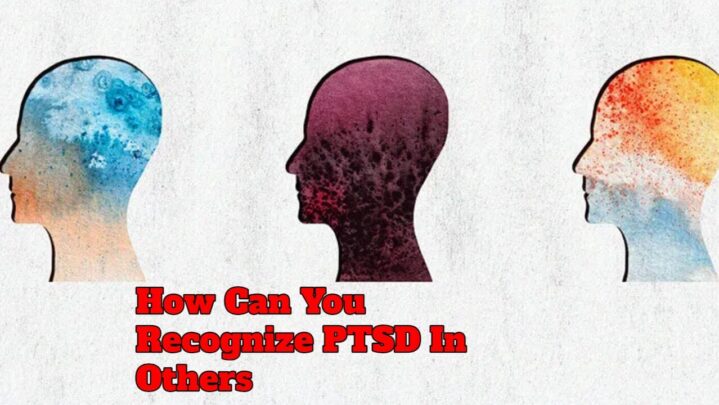People who have encountered or seen a terrible incident may acquire PTSD, a post-traumatic stress disorder. Since symptoms might vary and aren’t always clear, it can be challenging to identify PTSD in others. However, the following symptoms might point to someone having PTSD:
Flashbacks: People with PTSD may have disturbing, horrific recollections of the traumatic incident that might make them feel like they are reliving it. They can experience nightmares or other sleep issues due to the incident.
Avoidance: People with PTSD may take considerable measures to avoid anything that makes them think of the horrific incident, including nearby landmarks, familiar faces, or past activities. Social disengagement and isolation may result from this.
Emotional numbness: Those who have PTSD may have feelings of emotional numbness or detachment and may find it difficult to feel joy. Furthermore, they might no longer be as interested in past interests.
Hyperarousal: Those with PTSD may constantly feel on edge, react suddenly, and have trouble falling asleep or focusing. Additionally, they might become agitated, angry, or violent.
Changes in mood or behaviour: Mood swings and irrational outbursts of rage or grief are common among PTSD patients. Changes in mood or behaviour are also common. Additionally, they could act in a dangerous or harmful manner, such as abusing drugs or driving recklessly.
All people experience trauma in different ways, and not all traumatic events result in the development of post-traumatic stress disorder (PTSD). Encourage a person who you think could be suffering from PTSD to get professional assistance from a mental health practitioner if you have any concerns about them.





